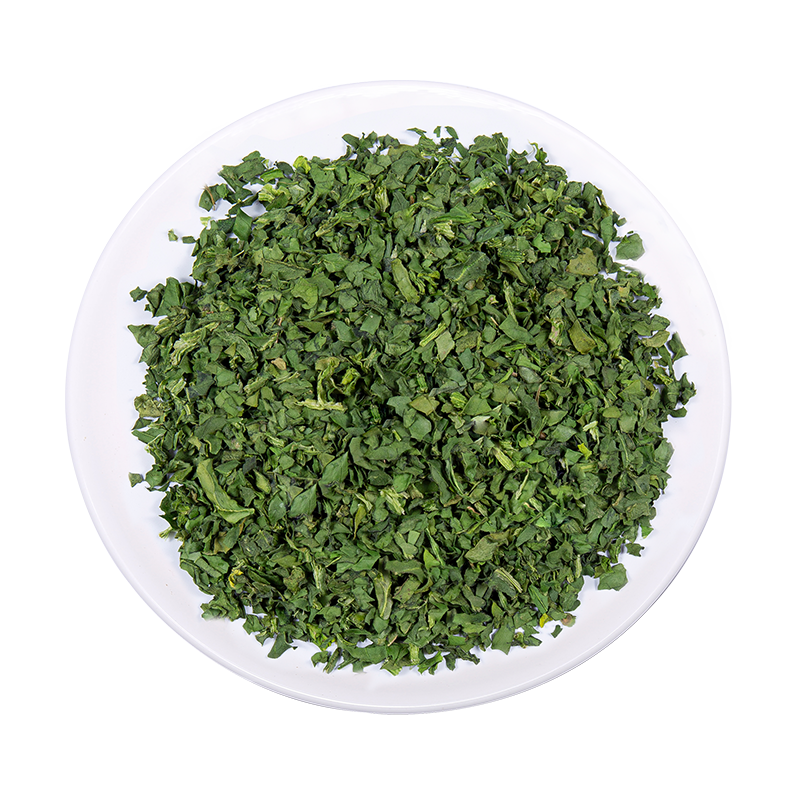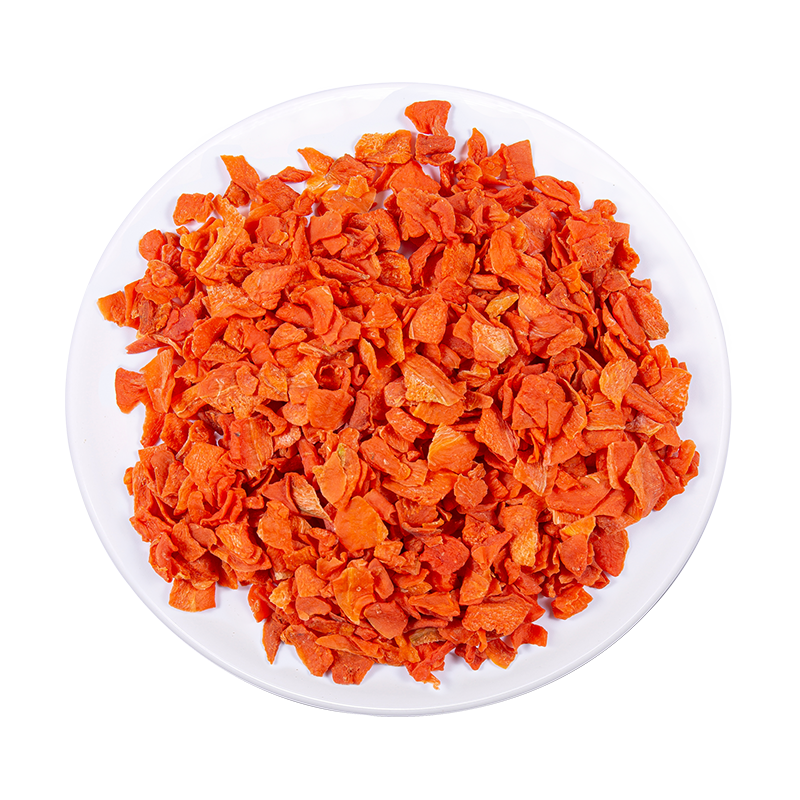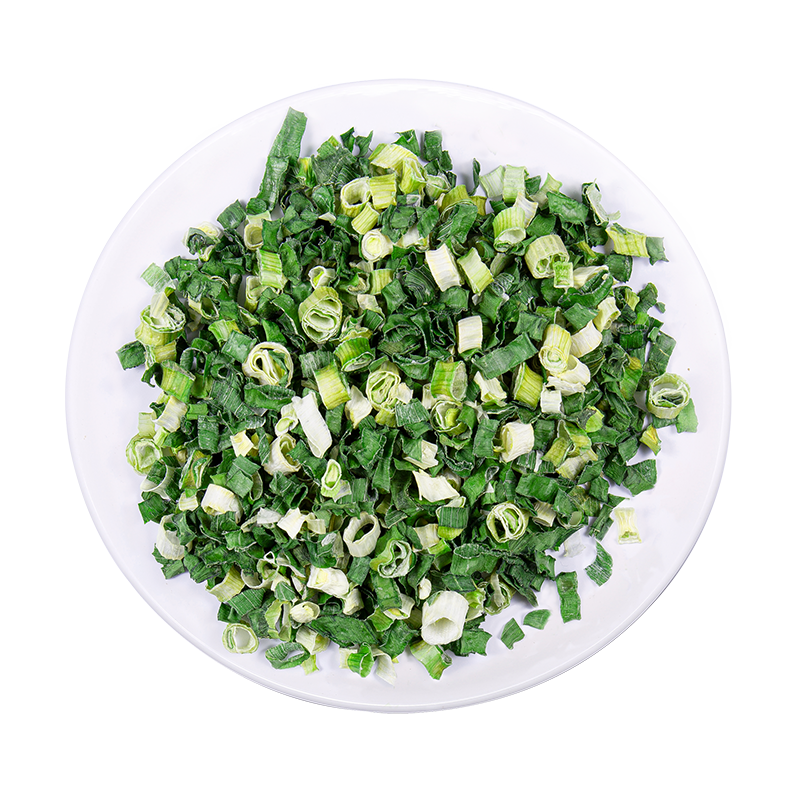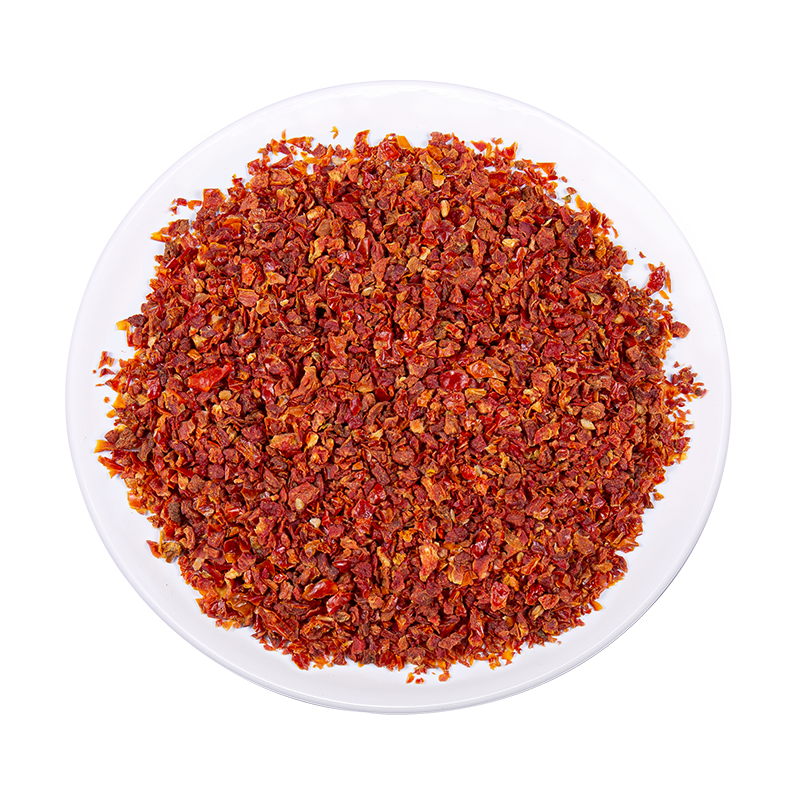Jan 26,2026
1. Mild and Balanced Onion Flavor
The dried spring onion is recognized for its distinct but milder flavor compared to regular dried onions, making it an ideal ingredient for seasoning blends where a more subtle onion note is desired. Fresh spring onions have a delicate flavor, and drying them further concentrates their natural sweetness and savory essence. The result is a well-balanced onion flavor that enhances dishes without overwhelming other ingredients.
In seasoning blends or dry rubs, dried spring onion provides a foundational flavor base that doesn’t overpower the other spices and herbs. It harmonizes well with bold flavors like garlic, chili, paprika, and various spices, allowing the combination of flavors to build in layers. For example, in rubs for grilled meats or vegetables, the subtle sweetness of dried spring onion can create a flavor depth that complements the richness of the protein, while its mildness ensures that the flavor profile remains balanced.
Additionally, dried spring onion's gentle taste works across a variety of cuisines, from Middle Eastern spice blends like za’atar to Asian seasoning mixes such as five-spice or curry powders. It adds an aromatic dimension without dominating, making it a versatile ingredient across global flavor profiles.
2. Umami Enhancement
Umami, often described as the "fifth taste" alongside sweet, salty, bitter, and sour, is characterized by a savory, rich flavor that enhances the overall depth of a dish. Dried spring onion, like other alliums (e.g., garlic, shallots), contains glutamic acid, which is responsible for imparting umami characteristics. When added to seasoning blends, dried spring onion amplifies the umami flavors of other ingredients, creating a more savory and satisfying taste experience.
In seasoning mixes, the presence of dried spring onion can balance the flavors of salty or sour ingredients, such as soy sauce or tamarind, while also enhancing the flavor of rich ingredients like meat, cheese, and fermented products. For instance, when used in a dry rub for a roast, the umami notes from the dried spring onion work in synergy with ingredients like smoked paprika or miso powder, resulting in a more pronounced and complex flavor profile that heightens the savory richness of the dish.
This ability to enhance umami is especially useful in plant-based or vegetarian dishes, where dried spring onion can replicate the depth typically provided by meat, making dishes like vegetable stews or tofu-based recipes taste fuller and more robust.
3. Complementing Other Ingredients
A key characteristic of dried spring onion in seasoning blends is its ability to complement rather than compete with other ingredients. Many seasonings, especially in dry rubs, benefit from a harmony between the primary spices and herbs. Dried spring onion's flavor profile naturally supports the robustness of other spices such as cumin, coriander, thyme, and chili, enhancing their individual profiles without overshadowing them.
For instance, in an herb-based seasoning for roasted vegetables, dried spring onion provides a mellow backdrop that allows the flavors of rosemary or thyme to shine, creating a well-rounded and flavorful seasoning mix. When used in rubs for meats like pork or chicken, it helps to tie together the spicy heat from chili flakes or paprika with the savory notes from garlic and black pepper. This ability to complement diverse ingredients adds versatility to dried spring onion in seasoning applications.
Additionally, dried spring onion enhances sweet-savory pairings, such as those found in barbecue rubs or glazes. The mild sweetness of dried spring onion harmonizes with sugar or honey, while its savory undertones balance out the sweetness, creating a balanced, flavorful crust on grilled meats.
4. Consistency and Longevity in Blends
One of the primary advantages of dried spring onion in seasoning blends is its stability. Fresh vegetables, due to their high water content, can fluctuate in flavor intensity based on storage, preparation, and seasonal variations. In contrast, dried spring onion maintains a consistent, concentrated flavor that doesn’t vary over time. This makes it a preferred ingredient for commercial food production, where flavor consistency is critical for maintaining quality across batches.
The drying process also intensifies the natural flavors of the spring onion, making it possible to achieve the same depth of flavor with a smaller quantity of dried spring onion compared to fresh. A little of this dried ingredient can go a long way in seasoning blends, which is not only cost-effective but also ensures a consistent product. This stability is especially valuable in products with a longer shelf life, such as packaged seasoning mixes, rubs, and marinades, where fresh ingredients might lose their potency over time.
5. Enhancing Sweet and Savory Pairings
In many seasoning blends, particularly those used in barbecue, roasting, or grilling, a balance of sweet and savory flavors is key to creating a well-rounded taste. Dried spring onion adds a unique layer of natural sweetness without being overwhelming, which enhances both sweet and savory combinations. The natural sugar content in spring onions becomes concentrated during the drying process, contributing a gentle sweetness that works well with ingredients like brown sugar, honey, molasses, and fruit-based glazes.
For example, when used in barbecue rubs for pork or ribs, dried spring onion balances the acidity of vinegar-based sauces and the heat from cayenne or chili powder. Its sweetness complements the savory flavors of garlic and soy sauce, while its mild onion flavor adds depth to the overall seasoning. Similarly, in a dry rub for vegetables like sweet potatoes or carrots, dried spring onion works synergistically with herbs like thyme and rosemary, enhancing the natural sweetness of the root vegetables while adding complexity.
This dual ability to play both a sweet and savory role makes dried spring onion an invaluable ingredient in versatile seasoning applications, ranging from dry rubs for meats to seasonings for roasted vegetables, soups, and dips.


 English
English Français
Français Español
Español









